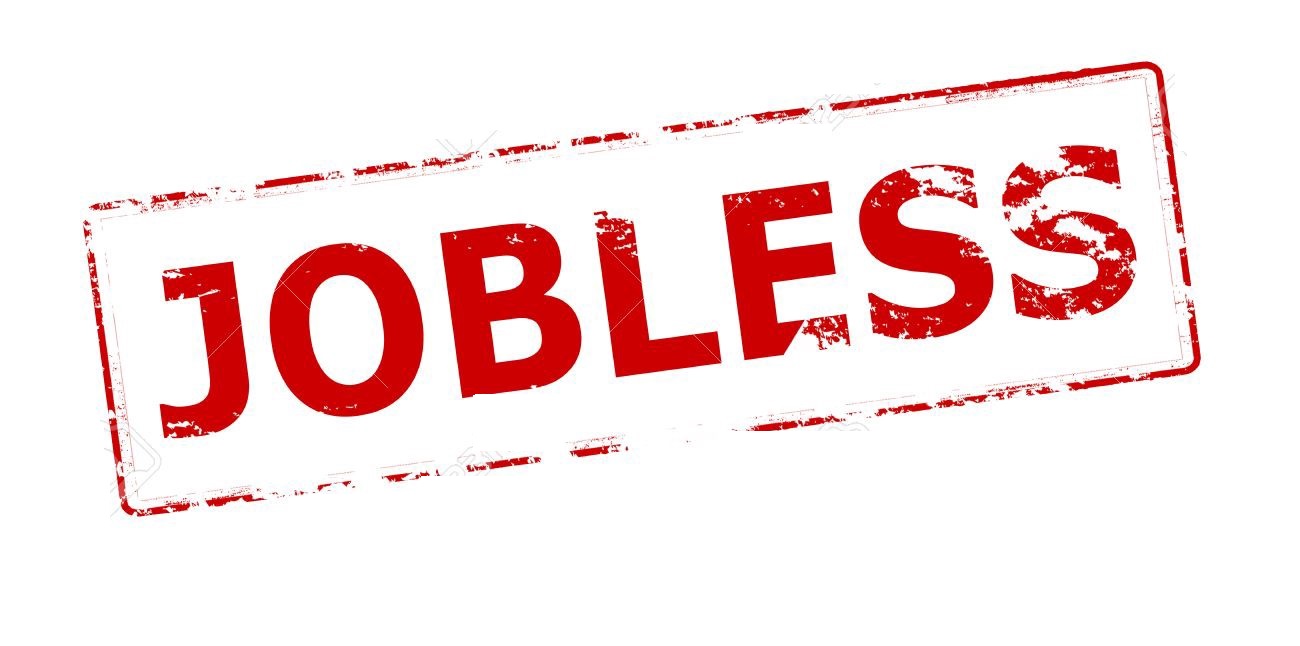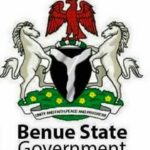The current strategy of the Central Bank of Nigeria to fight inflation with continuous interest rate hikes begs the question of what Nigeria’s job or employment policy is. Does Nigeria have a targeted employment (unemployment) rate? If we do, what variables or combinations of variables can the authorities use to steer the economy toward its achievement? At what level of unemployment does the government get agitated, knowing that it has a crisis at hand?
Or, is it such a target an indeterminate value, where any outcome is acceptable, even where the most important resource, labour, is grossly being underutilised? I am sure that if we had such a policy, the current level of unemployment, or what we think it could be should have raised an alarm within the policy circles. But nothing like that has happened and probably will not happen soon.
In its obsession with inflation as a monetary phenomenon that must be tackled with interest-rate tinkering, and the need to catch up with other regulators raising interest rates to fight inflation, our central bank has not been short of words to justify its stance and actions. This is even when the efficacy of these moves has remained questionable because there is no noticeable correlation between higher interest rates and lower and lower inflation rates – at least in our clime.
For instance, CBN raised the Monetary Policy Rate about four times last year, from 11.5 per cent in March to 16.5 per cent at the end of December 2023. It followed this up with another 100-basis point raise at the first meeting of the MPC in January this year, raising the MPR to 17.5 per cent. Two months later, the Committee added yet another 50-basis-point increase just last month, taking it to the current rate of 18 per cent.
Yes, it could be quite difficult to appreciate the challenges that central banks face as they juggle various policy objectives that they are supposed to achieve. This challenge arises from the fact that these objectives not only conflict with each other, but their measurements could also be quite problematic.
Our interest (inflation) rate management policy should include the country’s employment target, among other variables. Discussions or actions about these rates without regard to their possible implications on the unemployment rate are certainly incomplete.
Since interest rates impact investment activities, there surely exists a correlation between the level of economic activities, which ultimately determines the state of employment in the economy. Companies are normally expected to raise their job intakes when costs are escalating, eating into revenues and therefore profits. Because of this, we cannot continue to raise the rate of interest knowing that it has negative impacts on the level of economic activities that can go on at a given point in time in the economy.
Any careful observer of our economy would attest to the fact that there has not been much change in the unemployment situation over the past three years. If anything, it has actually worsened, despite all the political claims on the level of job creation. This economy has not been creating many jobs.
Put another way, the joblessness in the Nigerian economy has not been going down. This is simply because job creation has not featured prominently in the actions of the government, despite all official pronouncements.
As indicated in Daily Trust’s Sunday lead story, the jobless rate or the unemployment rate in Nigeria has moved from 17.8 per cent in 2015, when the government came into office, down to 14.4 per cent the following year, and 23 per cent in 2017.
The figure was not released in 2019 and 2019, a development that set tongues wagging as to why the government or its agency, the NBS, refused to release such a vital economic statistic. Some had even alleged that the agency failed to release that year’s unemployment survey because the result was not favourable to the government in an election year. NBS, of course, debunked the rumour, with Statistician General then, Dr. Yemi Kale, blaming the stoppage on the publication of the employment figures on lack of funding from donors.
Anyway, we have that of 2020, as of the fourth quarter of that year, which put the unemployment rate at 33.3 per cent, with an underemployment rate of 22.8 per cent. Simply put, that figure is telling us that at least a third of Nigerians who are able to work and are willing to work cannot find jobs!
That is not the end of the story because it does not mean that the remaining two-thirds of the active population have full-time jobs. Further disaggregation paints a more worrisome picture. Nearly a quarter of the total number (22.8 per cent) are just hanging on somewhere, but they lack full employment. Among the youth, it’s even worse, with the unemployment rate among them put as high as 42.5 per cent, while the underemployment rate is 21 per cent.
Again, this says that among our young people, as much as 62 per cent do not have meaningful engagement in an economic activity they are holding on to.
When we (that is CBN, acting on behalf of the rest of us) make monetary policy decisions, is this fact reflected in those decisions? With this large chunk of Nigerians excluded from the economy (that is the other name for being unemployed), how does a continuous rise in interest rates bring them into the economic arena?
In all the narratives from the monetary authorities, it is difficult to come across any serious considerations for this bourgeoning exclusion or unemployment rate. It is difficult to imagine how a high-interest policy will work efficiently in a country with this high unemployment rate.
While the CBN has its single-digit interest policy that applies to some sectors, the truth is that the MPR effectively overshadows whatever impact these market segmentations are expected to achieve in those sectors.
This economy has been subjected to multitudes of cost-inducing effects that any contemplations of further rate or cost increases must be kept in abeyance for now.
If anything, there is a need to reflate the system, as a guarantee of creating stimulating the economy and creating jobs. There is hardly any sector of the economy that is operating anywhere close to full capacity, and this is largely on account of spiralling costs.




